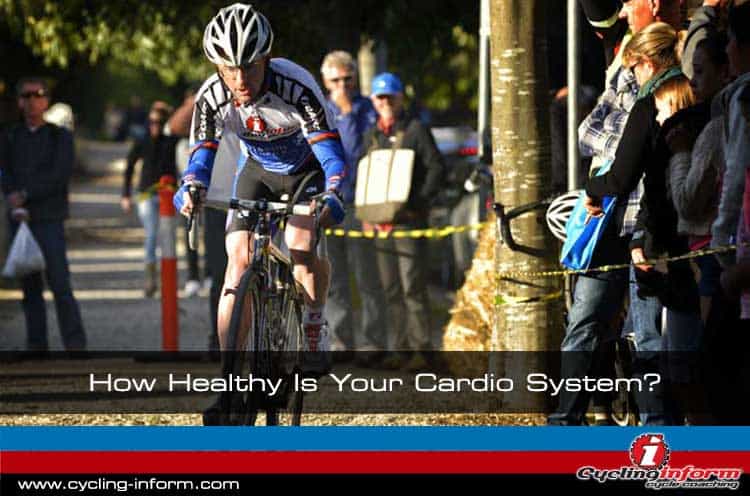
In this article I discuss some research around cardio fitness and how it relates to exercise and lifespan.
In researching general cardio fitness I came across this information relating to predicting overall mortality. Research done in the USA over a six year period found that the time it took for the HR to drop after a maximal exhaustion gave a very accurate measure of your general cadio health. Its been a long known fact that your recovery heart rate provides great insight into how fit you are. This six year research confirms how important your recovery heart rate is in determining not only your cardio fitness but also your overall mortality.
“We looked at something very simple; we looked at the heart rate at the end of exercise, in people undergoing exercise testing, and then we looked at their heart rate one minute after they finished exercise. We took the difference between the heart rate at peak exercise and the heart rate one minute later, and we measured the heart rate recovery. We followed 2,400 patients for about six years, during which time 213 of them died. And what we found was that this change in heart rate during the first minute after exercise was an extremely powerful predictor of mortality, in fact it was the most powerful predictor of mortality that we’ve looked at; it was a more powerful predictor of mortality than nuclear tests, which look at blood flow abnormality to the heart, and it was a much more powerful predictor of mortality than the electrocardiogram we physically looked at during exercise.
Typically we will exercise people for about 8-12 minutes, that’s how long it usually takes to get somebody going very quickly and getting them to the point of maximal exhaustion. Let’s say for a typical 50-year-old man, you’d expect the heart rate to rise from about 70 at rest to about 170 at peak exercise. And then what we’d like to see is the heart rate fall by at least 20 beats per minute during that first minute after exercise. That would take us down to 150. People with an abnormal heart rate recovery, the heart rate only falls by a little bit during that first minute after exercise. They were the ones who were at really high risk for subsequent death – Dr Michael Lauer cardiologist at the prestigious Cleveland Clinic in Cleveland, Ohio.
Reference: Cole et al. Heart-rate recovery immediately after exercise as a predictor of mortality. New England Journal of Medicine 1999;341:1351-1357: http://www.abc.net.au/rn/talks/8.30/helthrpt/stories/s63595.htm
Here is one test to measure your recovery heart rate*
- Exercise steadily until you start breathing heavily.
- Record your heart rate.
- Hold that pace for at least a minute.
- Measure your pulse rate exactly one minute after stopping.
- This is your Recovery Heart Rate.
- Cool down for two minutes.
Poor: Less than a 30 beat recovery heart rate
Excellent: More than 50 beat recovery heart Rate
*NOTE this test puts strain on your cardio system. Please see your doctor to gain permission to perform this test.

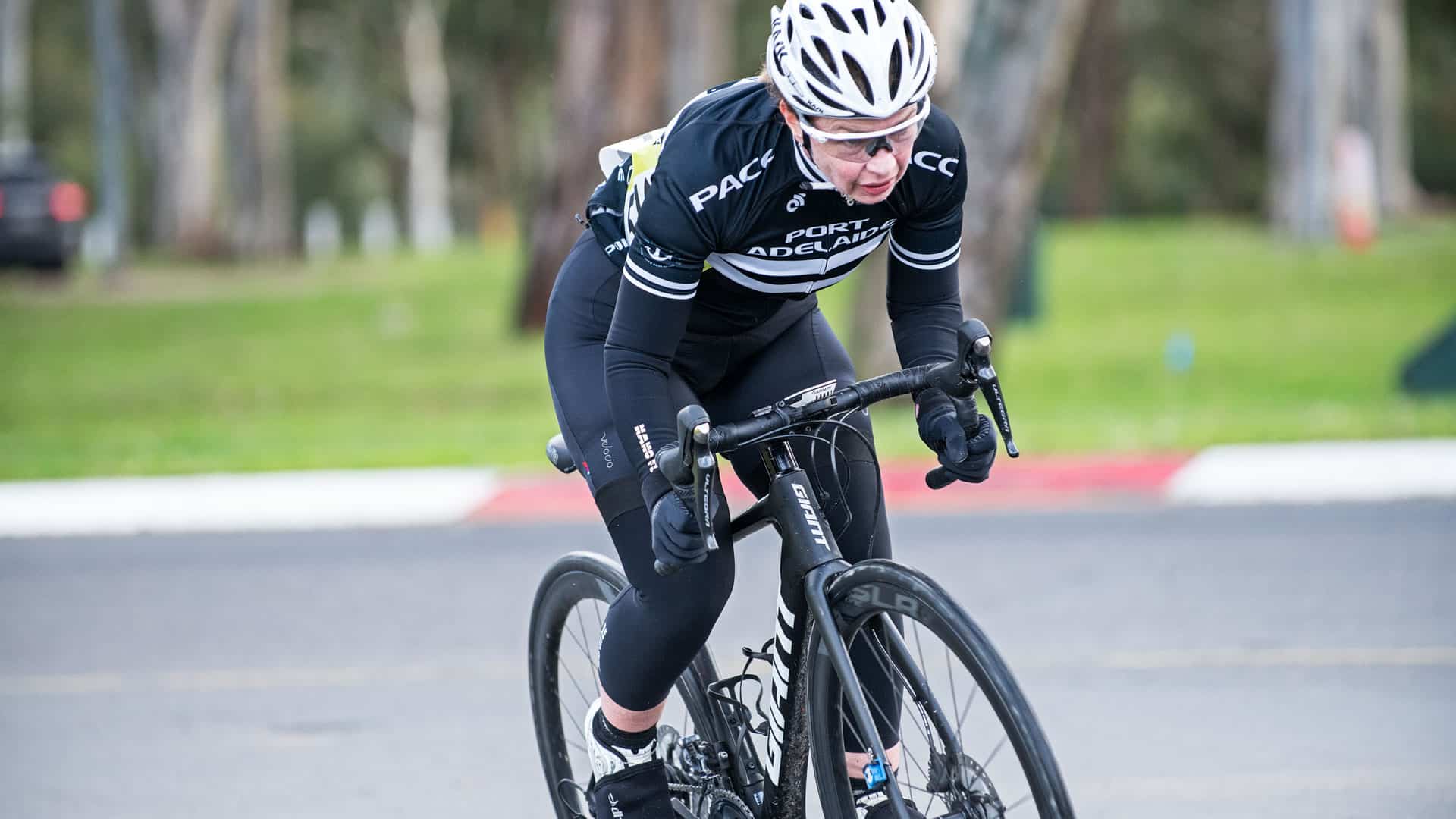
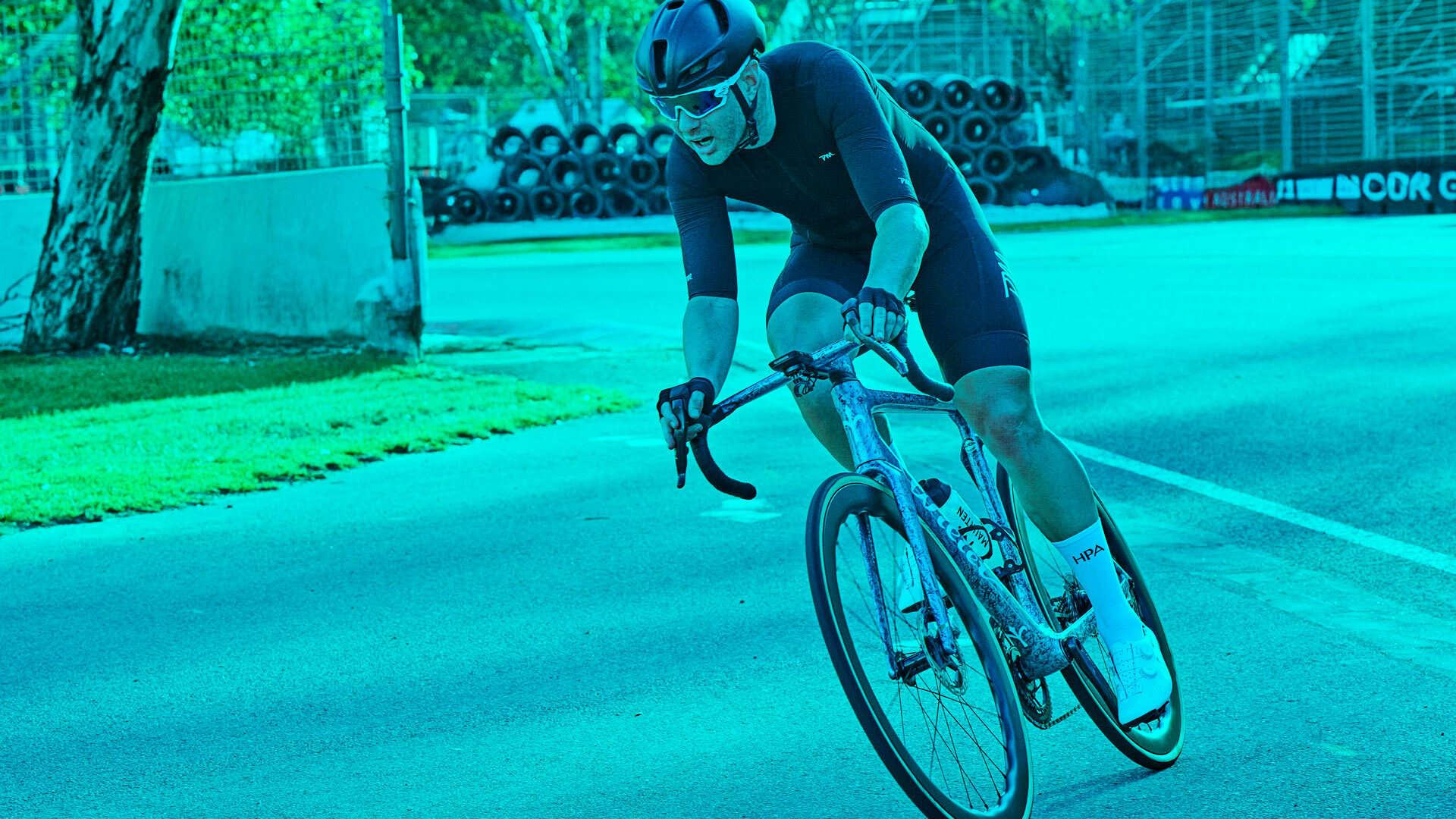
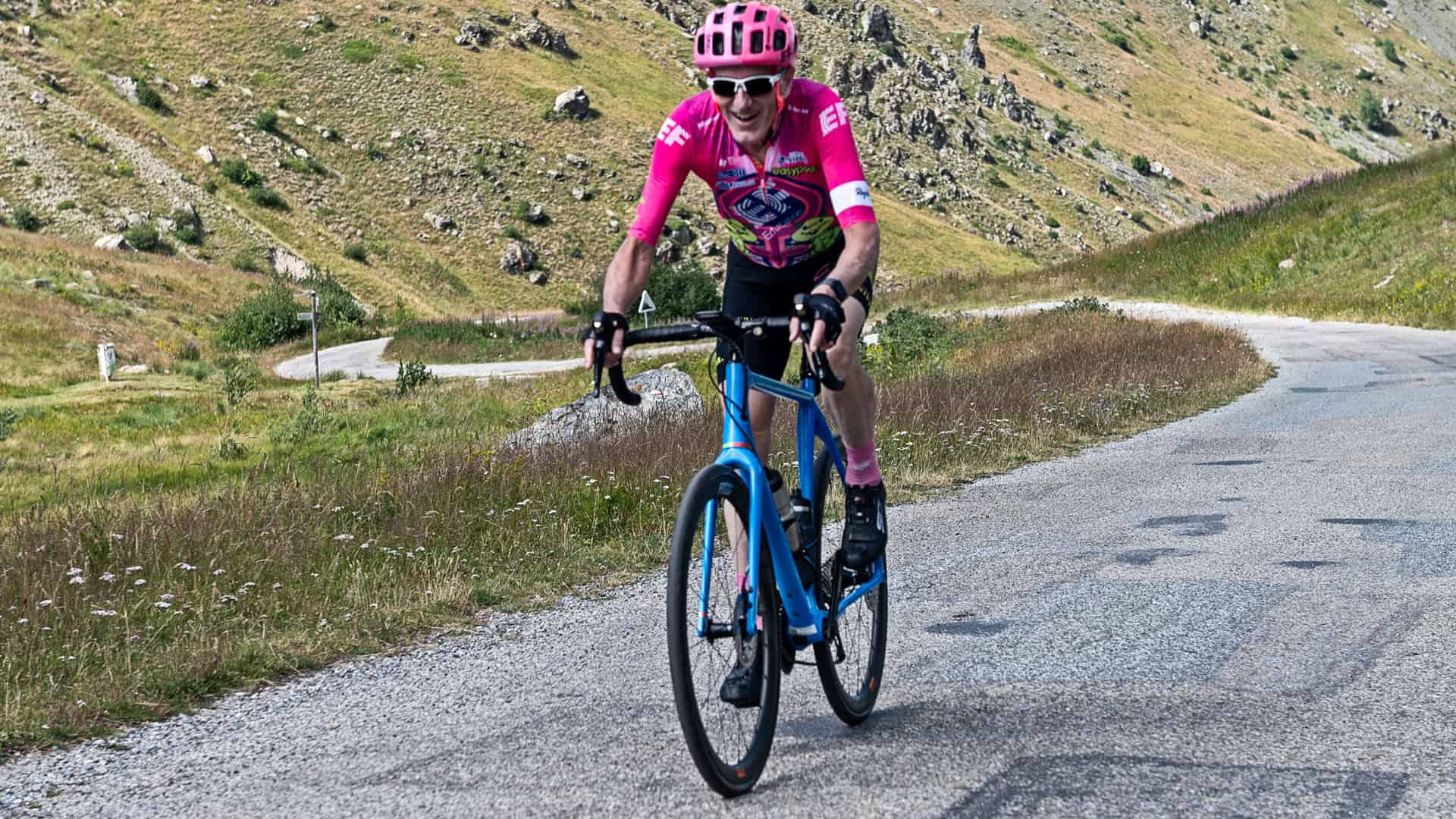
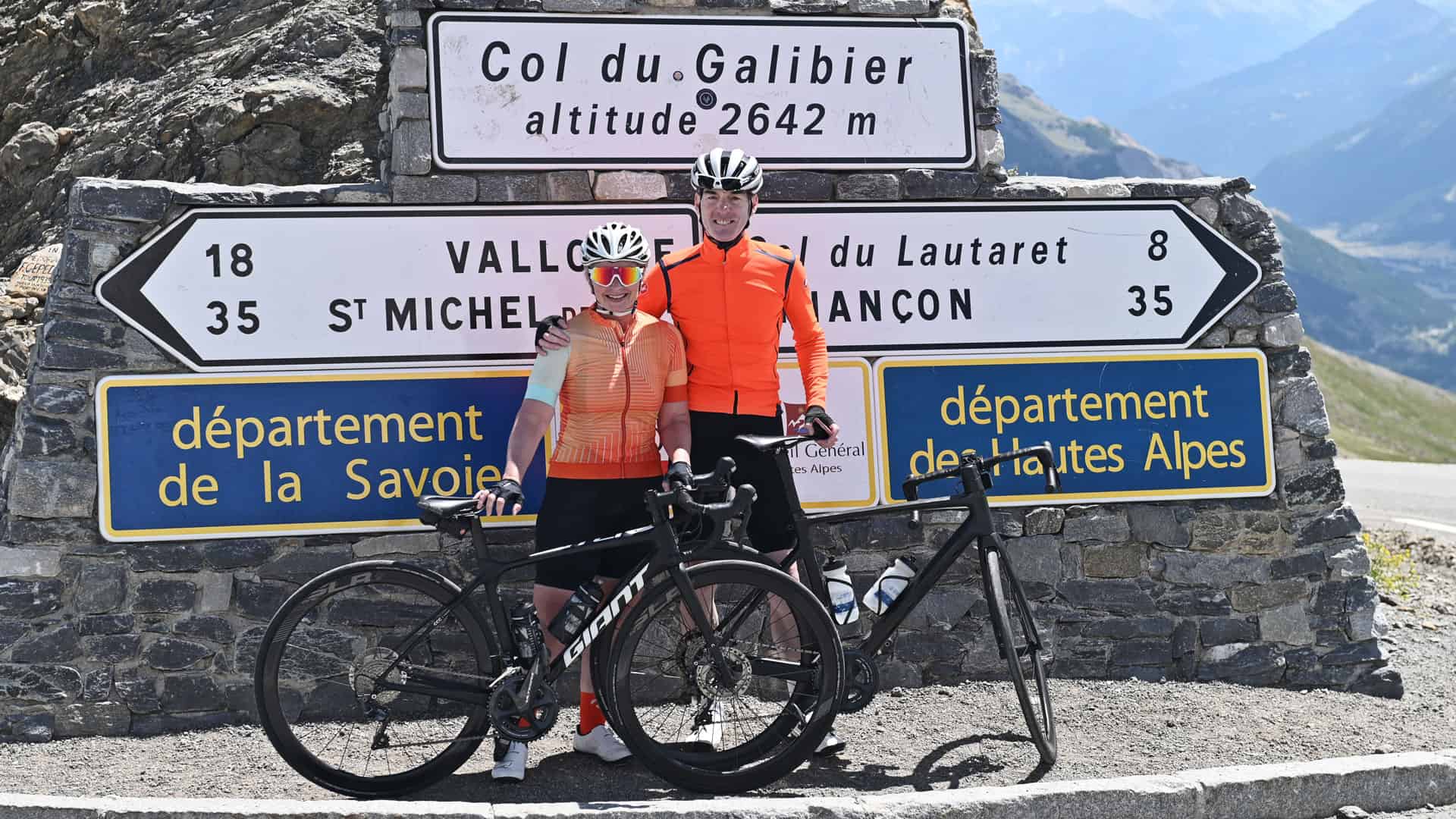
Leave A Comment